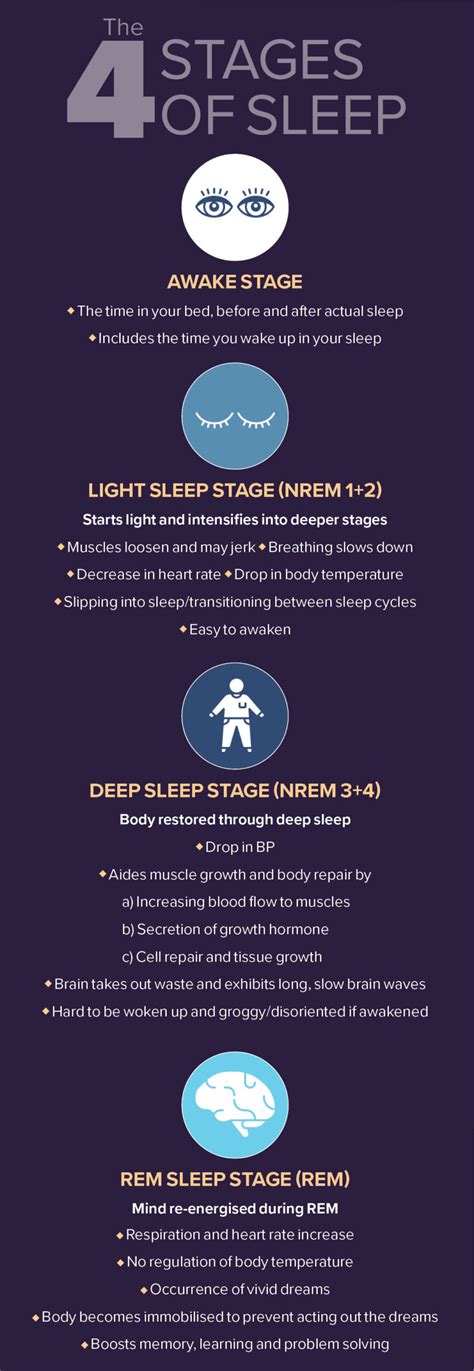What sleep hacks optimize recovery & male hormone production for peak performance?

The Crucial Link Between Sleep, Hormones, and Performance
In the relentless pursuit of peak performance, whether in the gym, boardroom, or daily life, one factor often overlooked is the profound impact of sleep. For men, quality sleep isn’t just about feeling refreshed; it’s a cornerstone for physical recovery, cognitive function, and crucially, optimal male hormone production. Testosterone, the primary male sex hormone, is intricately linked to sleep cycles, with the majority of its daily production occurring during deep sleep stages. Disruptions in sleep can lead to decreased testosterone levels, impacting everything from muscle growth and energy to mood and libido. Understanding and implementing effective sleep hacks is therefore not a luxury, but a necessity for any man aiming to unlock his full potential.

Mastering Your Sleep Environment
Your bedroom should be a sanctuary dedicated to rest. The quality of your sleep environment directly influences your ability to fall asleep, stay asleep, and enter the deep, restorative stages essential for hormonal regulation and recovery. Prioritize making your sleep space as conducive to rest as possible.
- Darkness is Key: Even minimal light exposure can disrupt melatonin production. Invest in blackout curtains or a sleep mask to ensure complete darkness.
- Optimal Temperature: Most experts recommend a room temperature between 18-20°C (65-68°F). A cooler environment signals to your body that it’s time to rest and promotes deeper sleep.
- Silence or White Noise: Eliminate distracting noises. If complete silence isn’t possible, consider a white noise machine or earplugs to mask sudden sounds.
Embracing a Consistent Sleep Schedule
Your body thrives on routine. Going to bed and waking up at roughly the same time every day, even on weekends, helps to regulate your circadian rhythm – your body’s internal clock. This consistency reinforces the natural sleep-wake cycle, optimizing the release of hormones like melatonin (for sleep) and testosterone (during sleep).
A regular schedule trains your body to expect sleep at a certain time, making it easier to fall asleep and improving the overall quality of your rest. Aim for 7-9 hours of uninterrupted sleep each night to give your body ample time for repair and hormone synthesis.

Pre-Sleep Rituals: Winding Down for Optimal Rest
The hour or two before bed is critical for signaling to your body that it’s time to transition from activity to rest. Implementing a consistent wind-down routine can significantly improve sleep onset and quality.
- Avoid Blue Light: Screens from phones, tablets, and computers emit blue light that suppresses melatonin production. Power down all electronic devices at least 60-90 minutes before bedtime.
- Limit Stimulants: Steer clear of caffeine and nicotine in the late afternoon and evening. Alcohol, while initially sedating, can disrupt sleep later in the night and negatively impact testosterone levels.
- Relaxation Techniques: Engage in calming activities such as reading a physical book, taking a warm bath or shower, light stretching, or meditation.

Nutrition, Supplements, and Hormonal Support
What you consume plays a direct role in both your sleep quality and hormone health. A balanced diet supports overall well-being, but certain nutrients are particularly beneficial for sleep and testosterone.
- Magnesium and Zinc: These minerals are crucial for numerous bodily functions, including sleep regulation and testosterone production. Incorporate foods like nuts, seeds, leafy greens, and whole grains, or consider supplementation under guidance.
- Vitamin D: Adequate Vitamin D levels are associated with better sleep and higher testosterone. Sunlight exposure is ideal, but supplements may be necessary, especially in less sunny climates.
- Protein Intake: Ensure sufficient protein intake throughout the day to support muscle repair and recovery, which are enhanced during sleep. Avoid heavy, fatty meals too close to bedtime.
Strategic Exercise and Recovery
Regular physical activity is undeniably beneficial for sleep and hormonal balance, but timing is everything. Intense exercise too close to bedtime can elevate core body temperature and stimulate the nervous system, making it harder to fall asleep. Aim to complete your vigorous workouts at least 3-4 hours before you plan to go to bed.
Conversely, morning or afternoon exercise can help solidify your circadian rhythm and promote deeper, more restorative sleep later. Incorporate gentle activities like stretching or yoga into your evening routine to aid relaxation and muscle recovery without overstimulating your body.

Mitigating Stress for Better Sleep and Hormones
Chronic stress is a known disruptor of both sleep and hormonal balance. Elevated cortisol levels due to prolonged stress can suppress testosterone production and interfere with sleep architecture, leading to lighter, more fragmented sleep. Developing effective stress management techniques is a powerful sleep hack.
- Mindfulness and Meditation: Regular practice can reduce anxiety and improve your body’s ability to relax.
- Deep Breathing Exercises: Simple breathing techniques can calm the nervous system quickly.
- Journaling: Writing down thoughts and worries before bed can help clear your mind.
- Prioritize and Delegate: Managing your workload and responsibilities effectively can reduce overall stress levels.

Conclusion: Unlocking Your Performance Potential
Optimizing sleep is one of the most impactful strategies for enhancing recovery and male hormone production, paving the way for peak performance across all facets of life. By meticulously crafting your sleep environment, adhering to a consistent schedule, embracing pre-sleep rituals, refining your nutrition, strategically timing exercise, and effectively managing stress, you create the ideal conditions for your body to repair, rebuild, and produce hormones at their optimal levels. Prioritize these sleep hacks, and you’ll not only feel better and recover faster, but you’ll also fortify your hormonal health, ensuring you’re always operating at your highest potential.









